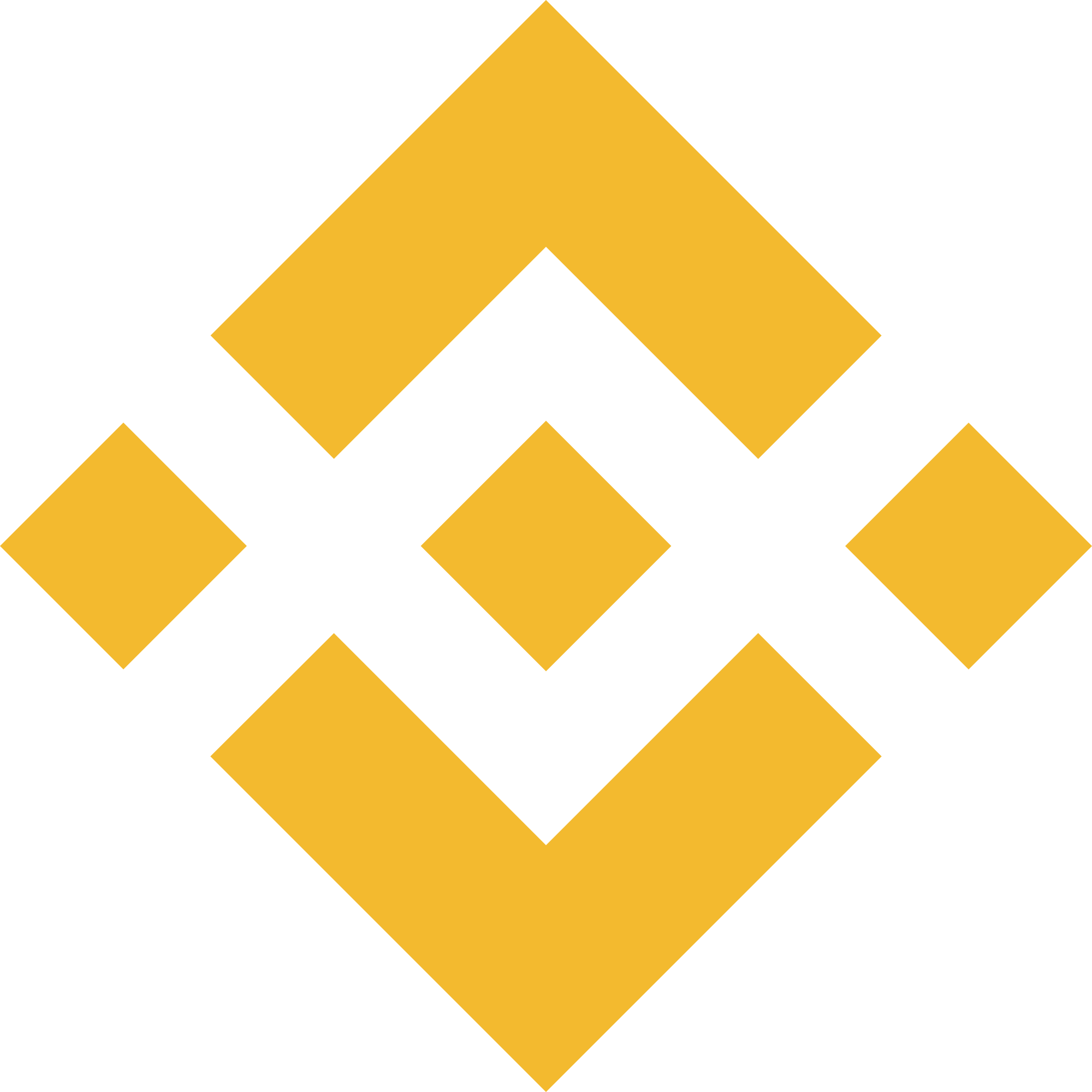- Hong Kong accelerates tokenized deposits, RWAs, and licensing, while Beijing restricts brokerages from offshore tokenization.
- The global RWA market passed $25B in Q2 2025 and may exceed $2T by 2030.
- Firms like Seazen, HK Asia Holdings, and AnchorX embrace tokenization, strengthening Hong Kong’s role as a digital finance hub.
Hong Kong continues to strengthen its digital finance sector with new initiatives on tokenized deposits, RWA trading, and exchange licensing. Authorities in the city align with the Hong Kong Monetary Authority and Securities and Futures Commission to advance regulation. Meanwhile, China directs some brokerages to pause offshore tokenization, signaling a different approach to digital assets.
Beijing Directs Brokers to Pause RWA
The China Securities Regulatory Commission contacted several firms and told them to suspend RWA tokenization efforts outside the mainland. Regulators aim to ensure corporate claims match real operations while reinforcing financial oversight on emerging digital markets. The move highlights Beijing’s intent to control rapid developments and maintain stricter compliance frameworks.
China previously led in crypto adoption but banned trading and mining in 2021 to manage financial risks. Since then, it has adopted a restrained stance while monitoring offshore growth. Therefore, its latest action underlines a continued effort to reduce systemic concerns.
These steps contrast sharply with Hong Kong’s position as it pursues a regulated digital asset hub. The city encourages tokenization programs while China focuses on reinforcing operational checks. This divergence shows two distinct strategies emerging in the region’s digital finance landscape.
Hong Kong Expands Digital Finance
Hong Kong reviews legal frameworks on tokenized deposits and RWAs with the support of its financial services authorities. Officials emphasize efficiency, market liquidity, and structured oversight to attract participants into a regulated environment. Additionally, the city prepares to approve more exchange licenses by late 2025.
The city also draws new corporate entrants as companies explore tokenized solutions for fundraising and asset management. Initiatives align with previous regulatory frameworks introduced in 2018 and updated in 2020. These measures strengthen the city’s vision to become a leading digital finance hub.
Hong Kong’s efforts signal continuity as regulators position the city for growth in tokenized markets. This strategy reflects an ambition to create sustainable financial innovation. Moreover, it underlines a determined attempt to compete globally in digital asset services.
Corporate Moves into Tokenization
Chinese property developer Seazen Group announced a digital assets institute in Hong Kong to explore tokenization of intellectual property and income. This initiative could make Seazen the first major developer to raise funds through token-based instruments. The firm’s entry demonstrates growing corporate adoption of structured digital solutions.
Other companies in Hong Kong also show rising engagement with digital assets. HK Asia Holdings recently added Bitcoin to its balance sheet after a significant stock surge. Additionally, AnchorX introduced AxCNH, the first stablecoin pegged to the offshore Chinese Yuan.
Such initiatives broaden Hong Kong’s digital finance landscape while reinforcing its position in global market expansion. Firms use the city’s regulatory clarity to explore tokenized growth. Consequently, adoption continues to rise despite external pressures from mainland regulators.
Disclaimer: The information in this press release is for informational purposes only and should not be considered financial, investment, or legal advice. Coin Crypto Newz does not guarantee the accuracy or reliability of the content. Readers should conduct their own research before making any decisions.







